The docking with the ISS comes about 37 hours after the Axiom crew lifted off Thursday evening on a rocket from NASA's Kennedy Space Center in Cape Canaveral, Florida.
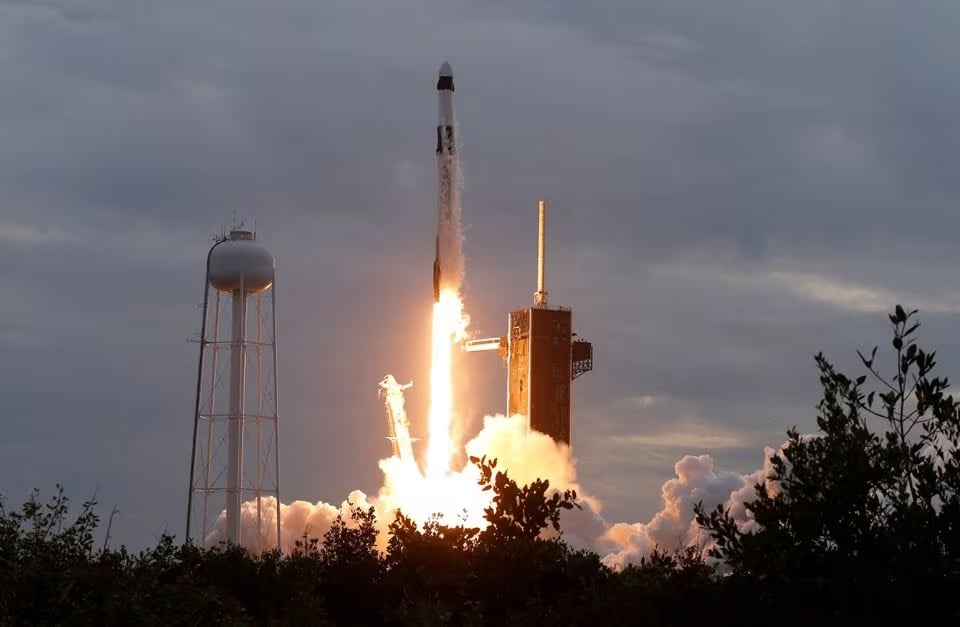
A rocket carrying four astronauts on a commercial flight launches to the International Space Station at Cape Canaveral, Florida, US on January 18, 2024. Photo: Reuters
The Crew Dragon spacecraft and Falcon 9 rocket that will carry astronauts into orbit will both be provided, launched and operated by Elon Musk's SpaceX under contract with Axiom, as will the first two Axiom missions to the ISS starting in 2022.
Crew Dragon autonomously docked with the ISS at 10:42 GMT Saturday about 400 kilometers above the South Pacific Ocean , according to a live NASA webcast. The two flew side by side across the globe at hypersonic speeds of about 28,200 kilometers per hour as they entered a common orbit and performed the docking.
The Axiom-3 crew is scheduled to spend about 14 days in zero gravity to conduct more than 30 scientific experiments, many of which focus on the effects of spaceflight on human health and disease.
The multinational crew is led by Michael López-Alegría, 65, a retired NASA astronaut of Spanish descent who is on his sixth flight to the space station. He will also command Axiom's first mission — the first commercial flight to the ISS — in April 2022.
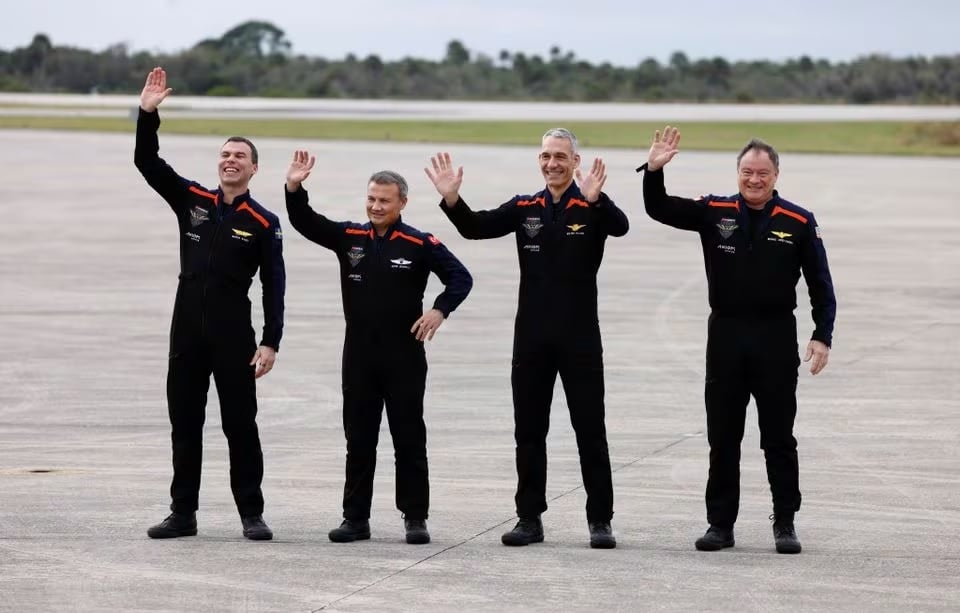
Four astronauts on a commercial flight operated by startup Axiom. Photo: Reuters
Two of the remaining three astronauts are Italian Air Force Colonel Walter Villadei, 49, and Swedish pilot Marcus Wandt, 43, representing the European Space Agency. The final astronaut is Alper Gezeravci, 44, a former Turkish fighter pilot and the first Turkish astronaut to dock at the ISS.
They will be greeted on the ISS by the station's seven current regular crew members - two Americans from NASA, one astronaut each from Japan and Denmark and three Russian cosmonauts.
Since its founding eight years ago, Houston-based Axiom has built a business serving wealthy nations and private customers to launch astronauts into orbit. The company charges at least $55 million for a trip into space, including organization, training and equipment.
Axiom is also one of a handful of companies building its own commercial space station aimed at replacing the ISS, which NASA expects to retire around 2030.
Launched into orbit in 1998, the ISS has been continuously used since 2000 under a partnership led by the United States and Russia, along with the cooperation of Canada, Japan and 11 countries of the European Space Agency.
Huy Hoang (NASA, Reuters)
Source


![[Photo] President Luong Cuong presents the 40-year Party membership badge to Chief of the Office of the President Le Khanh Hai](https://vphoto.vietnam.vn/thumb/1200x675/vietnam/resource/IMAGE/2025/5/19/a22bc55dd7bf4a2ab7e3958d32282c15)
![[Photo] Close-up of Tang Long Bridge, Thu Duc City after repairing rutting](https://vphoto.vietnam.vn/thumb/1200x675/vietnam/resource/IMAGE/2025/5/19/086736d9d11f43198f5bd8d78df9bd41)
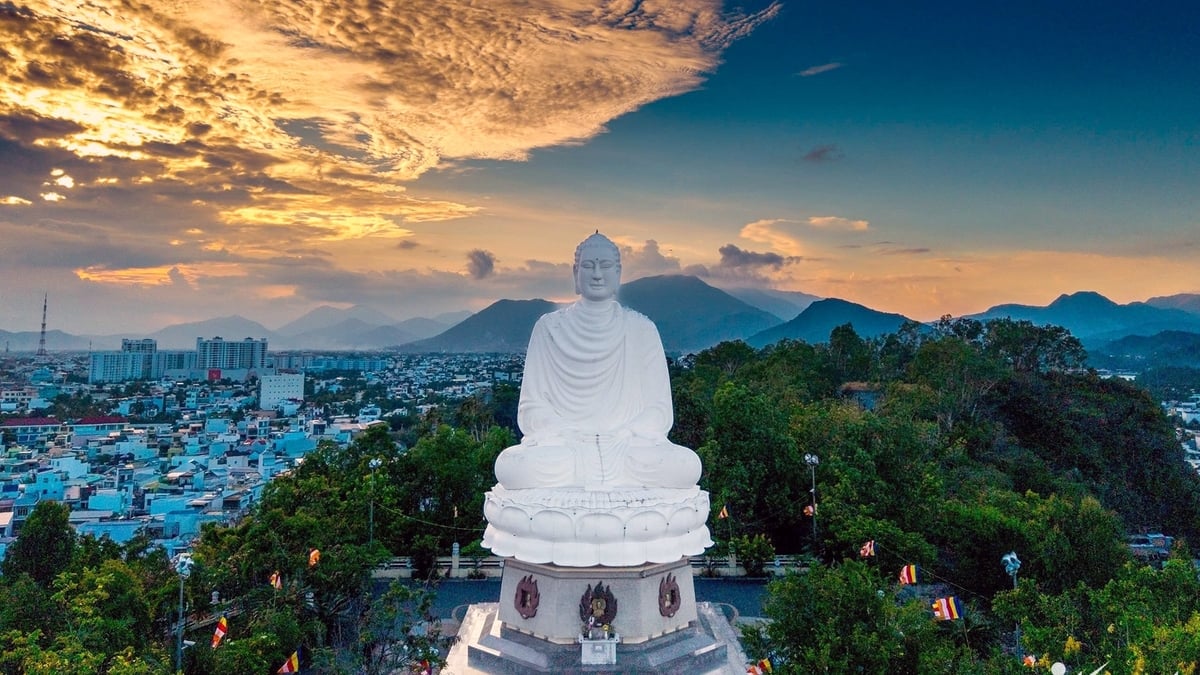
![[Photo] General Secretary To Lam attends the conference to review 10 years of implementing Directive No. 05 of the Politburo and evaluate the results of implementing Regulation No. 09 of the Central Public Security Party Committee.](https://vphoto.vietnam.vn/thumb/1200x675/vietnam/resource/IMAGE/2025/5/19/2f44458c655a4403acd7929dbbfa5039)
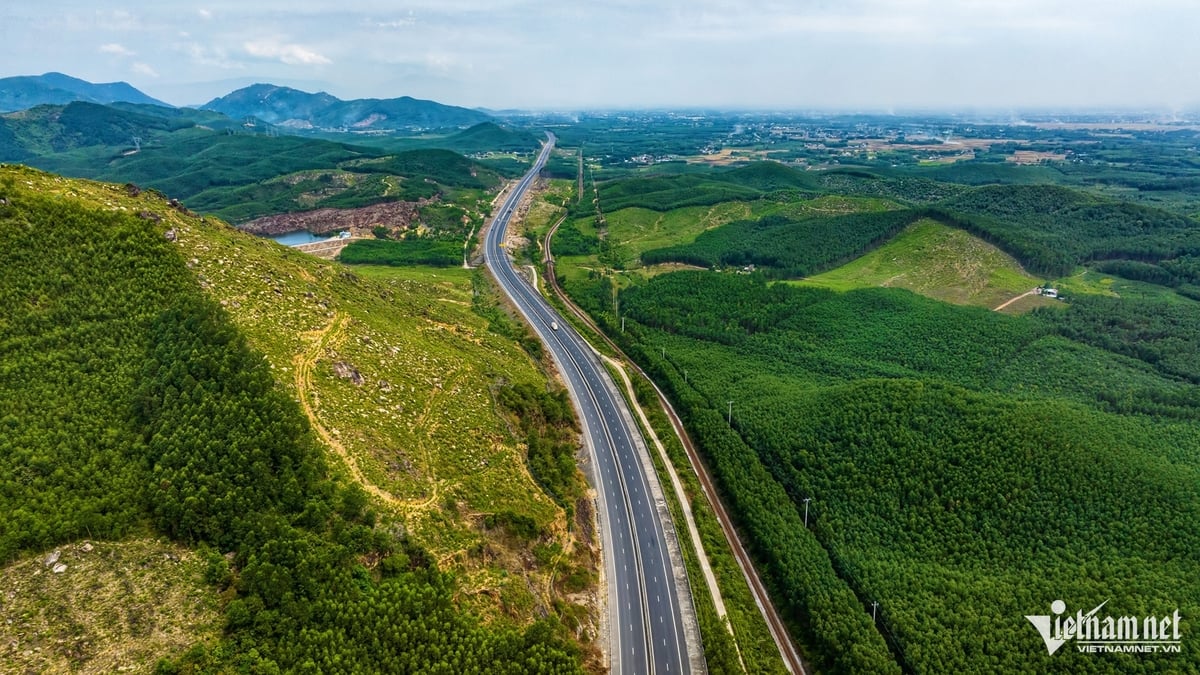
![[Photo] Panorama of the Opening Ceremony of the 43rd Nhan Dan Newspaper National Table Tennis Championship](https://vphoto.vietnam.vn/thumb/1200x675/vietnam/resource/IMAGE/2025/5/19/5e22950340b941309280448198bcf1d9)
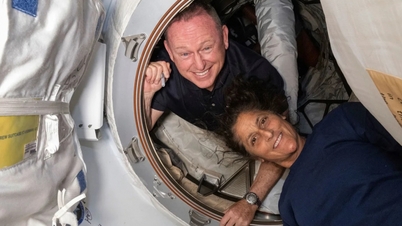


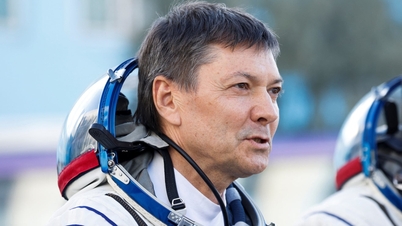


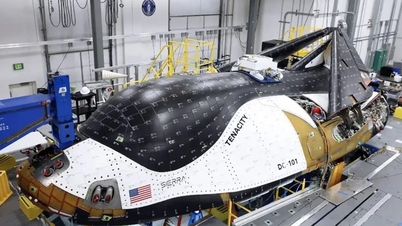
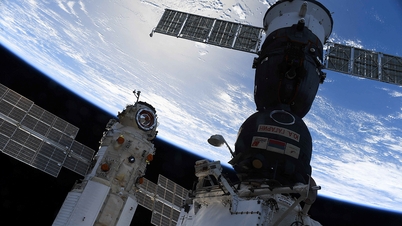
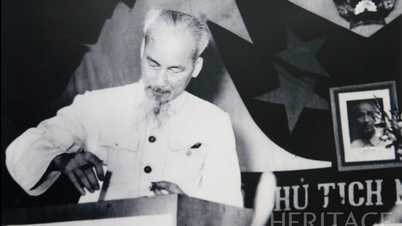








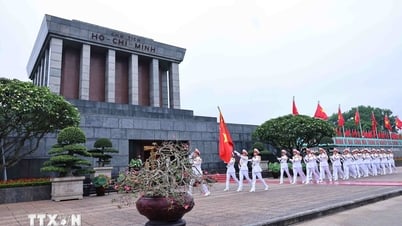







































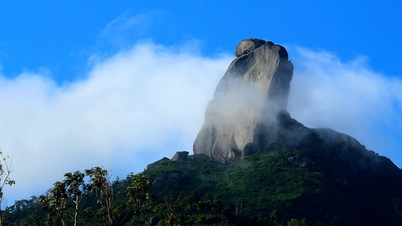

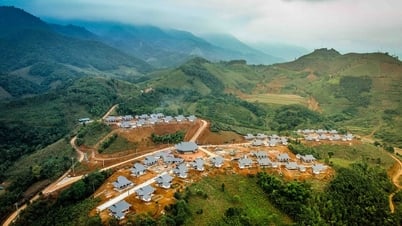

















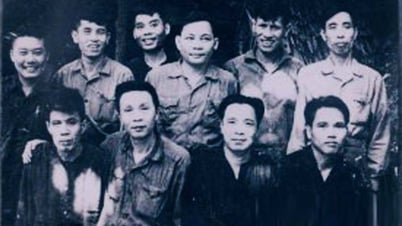



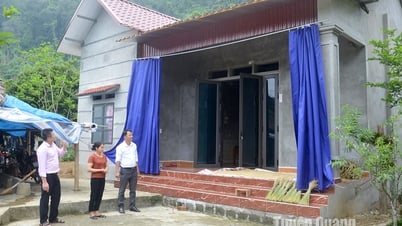





![[VIDEO] - Enhancing the value of Quang Nam OCOP products through trade connections](https://vphoto.vietnam.vn/thumb/402x226/vietnam/resource/IMAGE/2025/5/17/5be5b5fff1f14914986fad159097a677)



Comment (0)